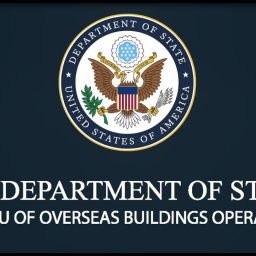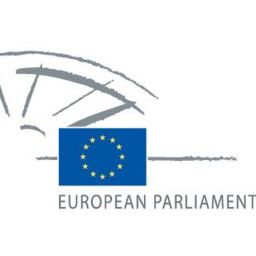
The Tom Lantos Human Rights Commission for a virtual hearing to examine implementation of the Global Magnitsky Human Rights Accountability Act.
Authorized as part of the Fiscal Year 2017 National Defense Authorization Act (P.L. 114–328) and implemented and expanded by Executive Order 13818 issued in December 2017, Global Magnitsky sanctions have been imposed on more than 240 individuals and entities identified as responsible for serious human rights abuses or corruption from more than 30 countries. Legislation modeled on Global Magnitsky has been approved in several places including Canada, the United Kingdom, and the European Union, and is under consideration in others, including Australia and Japan. Designed to be an agile “smart” sanctions tool, Global Magnitsky sanctions are often referred to as a means to hold perpetrators and corrupt persons accountable for their actions.
The legislative authority for Global Magnitsky sanctions sunsets in 2022. A bill to reauthorize the sanctions has been introduced in the Senate (S. 93) and a House companion bill will be introduced shortly. As Congress begins the reauthorization process, the hearing provides an opportunity to review how the sanctions authority has been implemented, how effective the sanctions have been in achieving their objectives, and whether any adjustments are needed to the original statute.
Witnesses
Panel I
- Senator Benjamin L. Cardin
Panel II
- Michael Breen, President and Chief Executive Officer, Human Rights First
- Brad Brooks-Rubin, General Counsel, The Sentry
- Beth Van Schaack, Leah Kaplan Visiting Professor of Human Rights, Center for Human Rights and International Justice, Stanford University
- Tutu Alicante, Executive Director, EG Justice
- John Hughes, Adjunct Senior Fellow, Energy, Economics and Security Program, Center for A New American Security and Senior Vice President, Albright Stonebridge Group
FaceBook: The Global Magnitsky Human Rights Accountability Act: Taking Stock






